Documentary About Industry City Rezoning to Debut at Tribeca Film Festival
A documentary premiering at Tribeca Film Festival chronicles every intimate detail about the years-long attempt to transform the Sunset Park waterfront.

A new documentary titled “Emergent City” traces the rise and fall of the Industry City rezoning proposal. Photo by Jay Arthur Sterrenberg via “Emergent City“
By Kirstyn Brendlen, Brooklyn Paper
Almost four years after the Industry City rezoning proposal fell apart, a new documentary premiering at Tribeca Film Festival next week chronicles every intimate detail about the years-long attempt to transform the Sunset Park waterfront.
Filmmakers and Brooklyn residents Kelly Anderson and Jay Arthur Sterrenberg filmed dozens of public meetings and usually secret private conversations between 2017 and 2020, capturing the rise and fall of the proposal and the community’s response.
The resulting documentary, “Emergent City,” is both a piece of history and, they hope, a warning about the city’s land use policies.
The start of the Industry City rezoning, and of “Emergent City”
When the rezoning was proposed in 2017, Anderson had been living in the neighborhood for close to a decade, and Sterrenberg’s media collective had just moved into a new office close to the development.
“We would just watch it transform on our trip to work every day,” he said. “Painting the facades, adding the mural, all the new restaurants popping up in the food hall.”
The surrounding neighborhood, meanwhile, was still largely industrial, with a high concentration of manufacturing jobs in warehouses and factories.
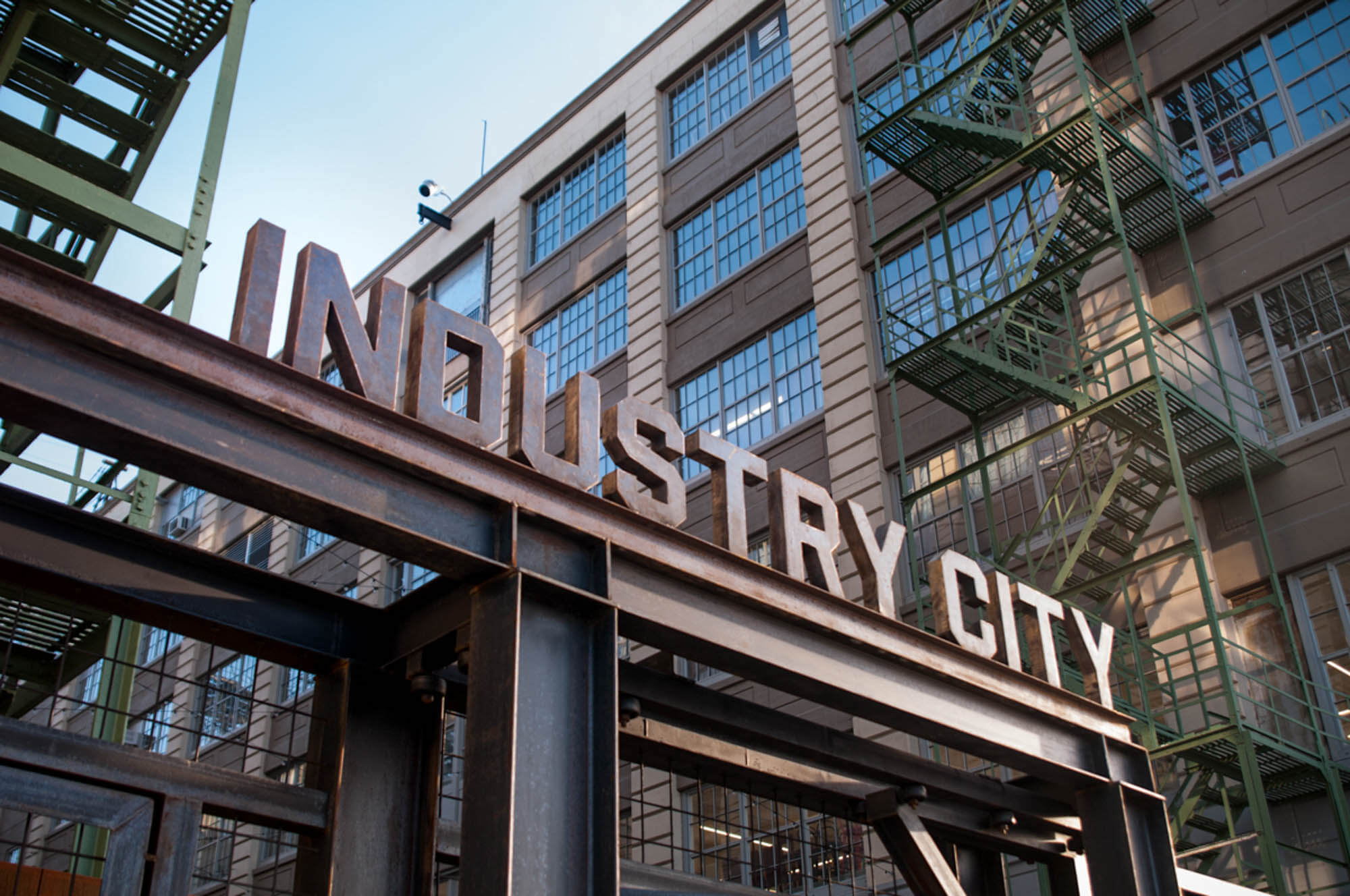
Industry City felt “out of step” with the nabe, Sterrenberg said. With the proposed rezoning, developers said they wanted to transform the complex into an “Innovative Economy Hub” with less heavy manufacturing, more retail, and two hotels.
They promised the project would bring tens of thousands of jobs to Industry City and the surrounding neighborhood, and millions of dollars of economic activity.
But Sunset Park residents weren’t convinced. The 2005 rezoning of Williamsburg and Greenpoint — which had been heavily industrial — dramatically changed the neighborhoods and sent rents soaring. The Hispanic population in Williamsburg declined significantly between 2000 and 2020, according to census data.
That loomed large in the minds of Sunset Park residents as they eyed the proposal, Sterrenberg said.
“I think there was a real fear of even the concept of any rezoning in Sunset Park because of that, and especially because it was this last huge stretch of the totally industrially zoned waterfront,” he said. “And that was such a living, working waterfront for so many people.”
Many opponents of the rezoning – like the community group UPROSE, whose members are present throughout the film — support a “green re-industrialization” of the waterfront. They see Sunset Park as a hub for clean, green energy with plenty of blue-collar jobs for current residents. The Industry City rezoning would be a step away from that manufacturing-heavy vision.
Sterrenberg and Anderson were, frankly, curious about how it would all play out, he said. He wanted to see how the developers would pitch the idea to a skeptical community.
So the “Emergent City” team — using cameras and equipment from Sterrenberg’s production company — started filming every part of the rezoning process, attending meetings at the City Planning Commission, the community board, and virtually at City Hall.

“It’s not a story of a developer versus a community,” Sterrenberg said. “…in this story, the developers, I think, genuinely have done really compelling things, and a lot of people in the neighborhood recognized that. I think there were huge divisions in the neighborhood itself.”
A council member looks back
In the public meetings captured in the doc, community members lob accusations at developers and, at times, spar with each other. Many people were frustrated by what they felt was a lack of engagement by the developers themselves, Sterrenberg recalled.
“What I experienced as a council member [was] people just didn’t want to have a conversation, they didn’t want to talk, they didn’t want to learn, they didn’t want to share,” said former Council Member Carlos Menchaca, who represented the neighborhood at the time and features prominently in the documentary.
Menchaca told Brooklyn Paper he was acutely aware of the amount of responsibility he held in the rezoning.
Arguably the most important part of the Uniform Land Use Review Process is a vote before the entire City Council — but due to a long, unofficial tradition called “council member deference,” all members usually vote with the member from the district in question — in this case, Menchaca.
In addition to filming all the public meetings, the Emergent City team recorded usually private conversations between Menchaca and the developers themselves.
“This is the first time that a documentary team recorded every minute of the negotiations between a council member and a developer,” Menchaca said. “I want people to know how this got done. There’s so much secrecy in these rezonings.”

Not every moment of a three-year rezoning process could be included in a 90-minute documentary — but they intend to upload hours of footage to an archive for future viewing, Menchaca said, in partnership with the Brooklyn Public Library.
For Sterrenberg, a turning point in the process comes about an hour into the film, when Menchaca announces his conditional support for the rezoning at a public meeting — which led to the crowd “completely erupting” he said, forcing Menchaca off the stage.
“That was a moment where you could really feel the balance of power shifting in the neighborhood,” he said.
Around the same time, community members were ramping up their plans for alternatives. UPROSE created the Green Resilient Industrial District Plan — a multi-point strategy for revamping the industrial waterfront, making use of its existing infrastructure, and bring green jobs to Sunset Park.
Almost a year after announcing his conditional support, Menchaca officially decided to oppose the Industry City rezoning in July 2020, just months before the final City Council vote. Two months later, after an 11-hour public hearing at the City Council, the developers pulled their rezoning application, killing the project.
Years later, Menchaca still feels that opposing the project was the right move.
“It was the best that we could do at the moment, absolutely,” he said.
Shedding light on the rezoning process
He and Sterrenberg hope the film will enlighten New Yorkers about the Industry City rezoning and about land-use projects in general across the city.
Last month, the city announced it has taken over 122 acres of waterfront property in Brooklyn and has big plans to modernize the ports and turn the area into a mixed-use community hub.
The film Menchaca said, could serve as a reminder to the developers as they prepare to take on another massive project on the working waterfront.
“I think this is something that will remind them of the power and possibility of partnership, true partnership with the community,” he said. “And for the new people, they should definitely see the film and embrace both the power and the possibility of what it can look like to work and enjoin and engage with the community.”
While “Emergent City” is about Industry City, Sterrenberg said, it also reflects the rezonings and land use conversations happening all over the city and all over the world — and highlights New York City’s “inherently undemocratic” land use process and how the community tries to make their voice heard.
“I think the films tries to showcase the ways in which like, people are working hard and trying to figure out the best way forward within these systems that are really flawed and within this sort of broader capitalist system that prioritizes profit … just sort of by design,” Sterrenberg said.
“Emergent City” debuts at the Tribeca Film Festival on Tuesday, June 11, at Village East by Angelika, located at 181-189 2nd Avenue in Manhattan.
Editor’s note: A version of this story originally ran in Brooklyn Paper. Click here to see the original story.
Related Stories
- Sunset Park Residents Protest Industry City Rezoning Ahead of City Council Public Hearing
- At Sunset Park Councilman’s Urging, Industry City May Dump Controversial Rezoning
- Sunset Park Community Divided on Industry City’s Rezoning at Public Hearing
Email tips@brownstoner.com with further comments, questions or tips. Follow Brownstoner on X and Instagram, and like us on Facebook.

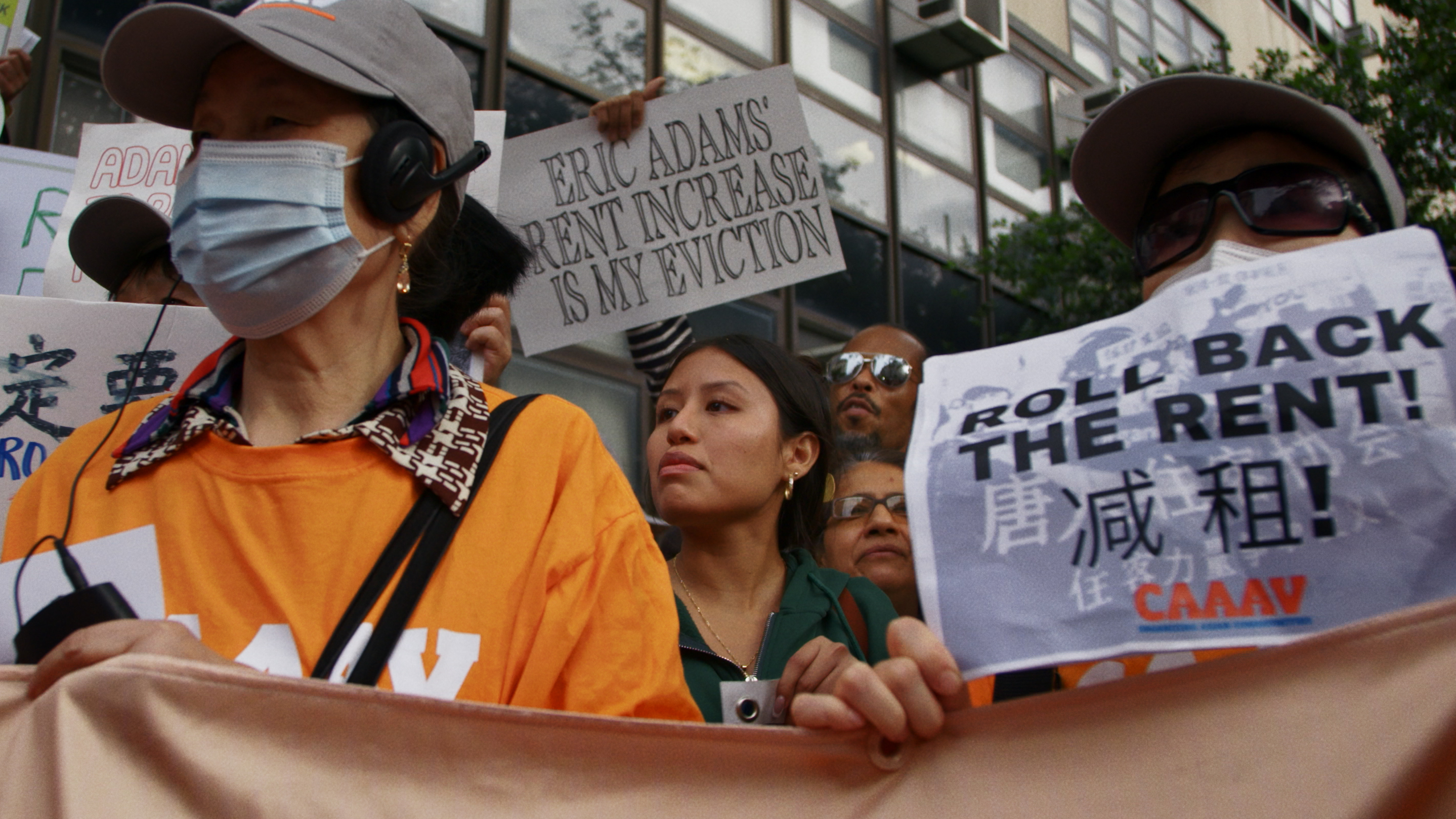
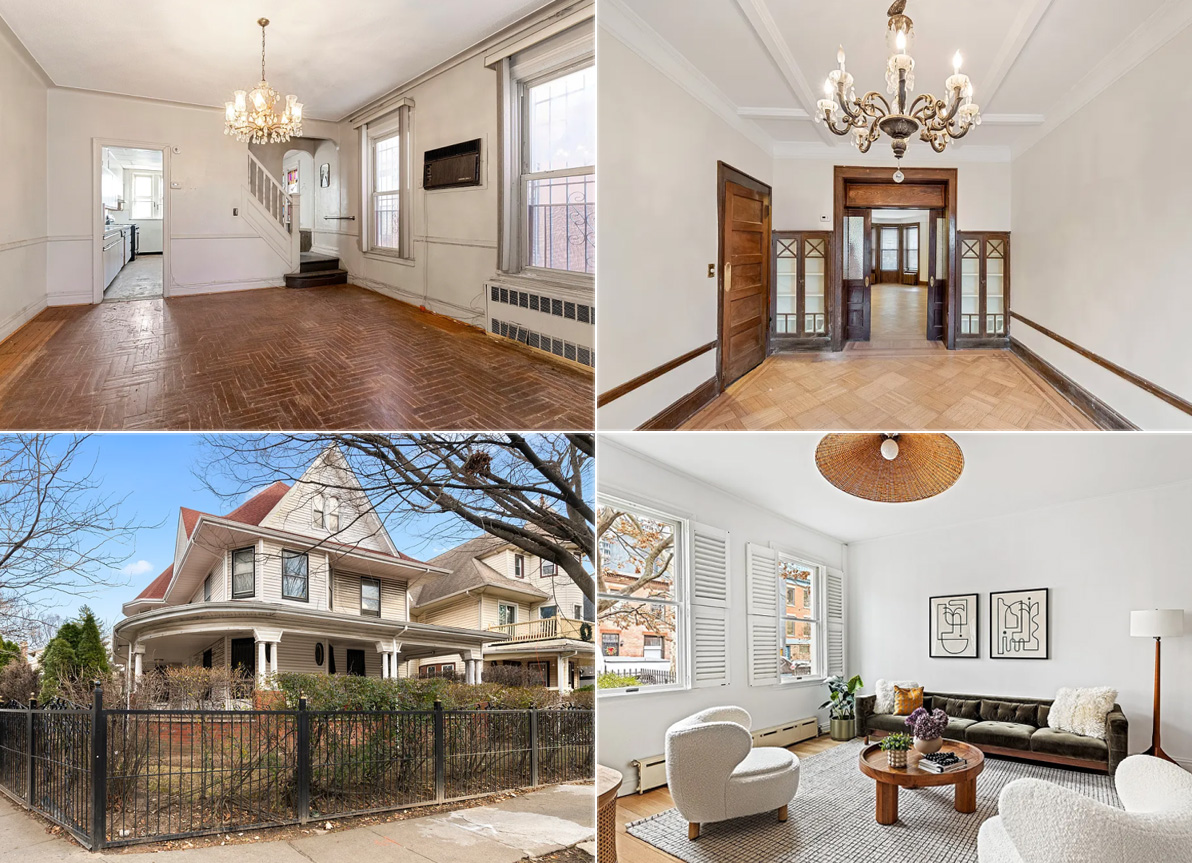
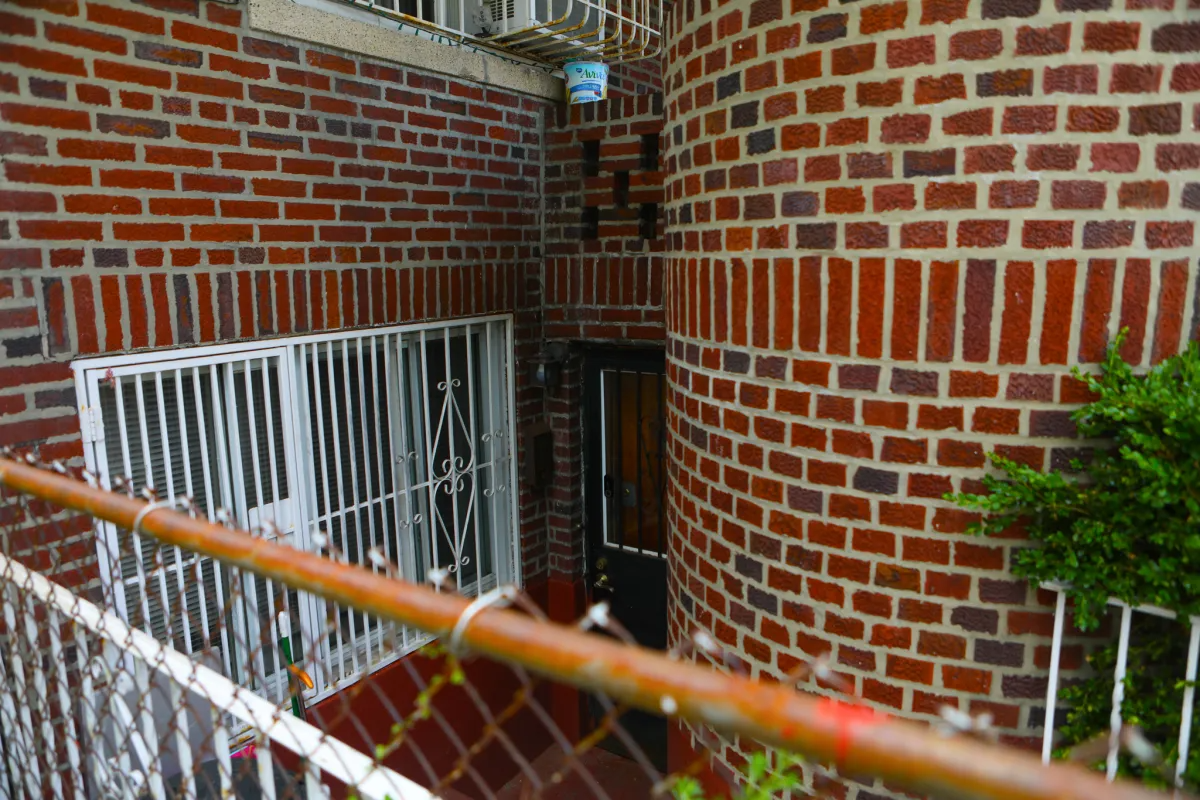
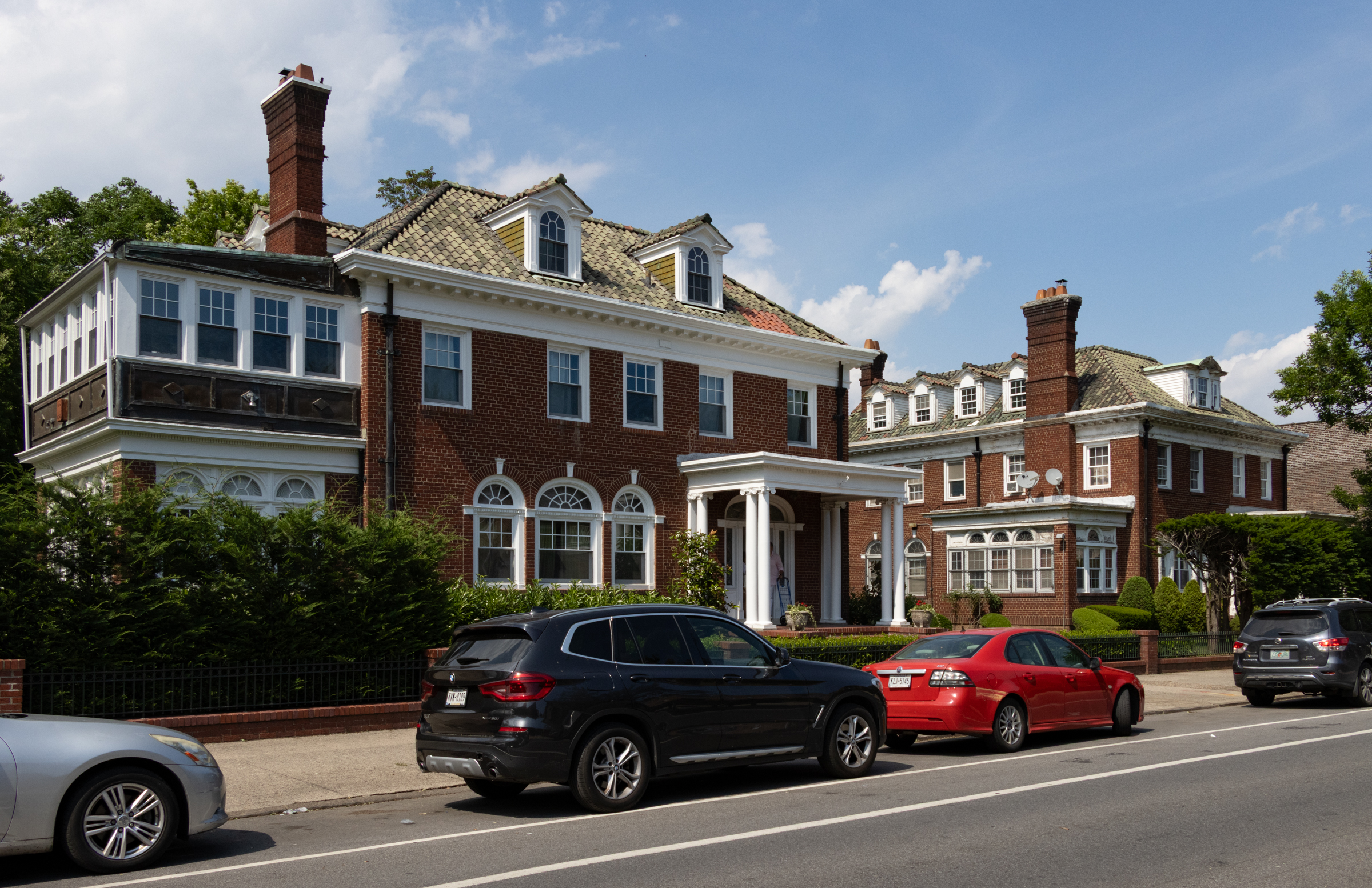
What's Your Take? Leave a Comment